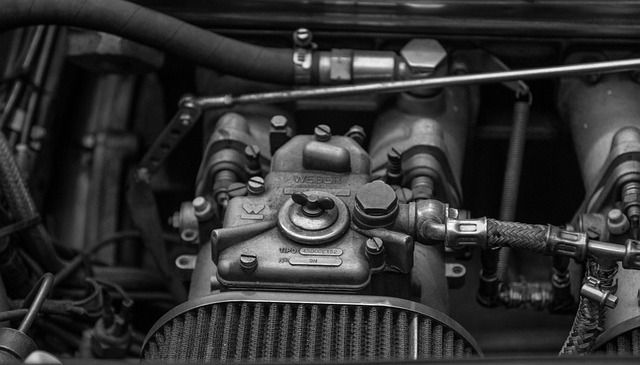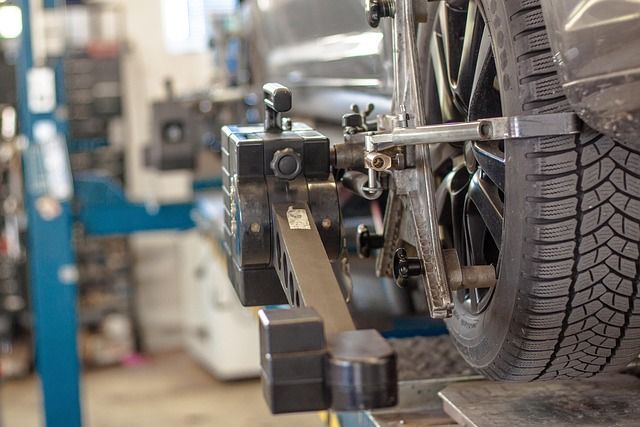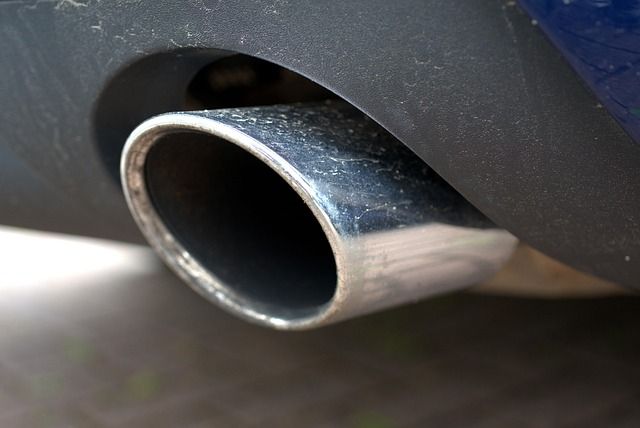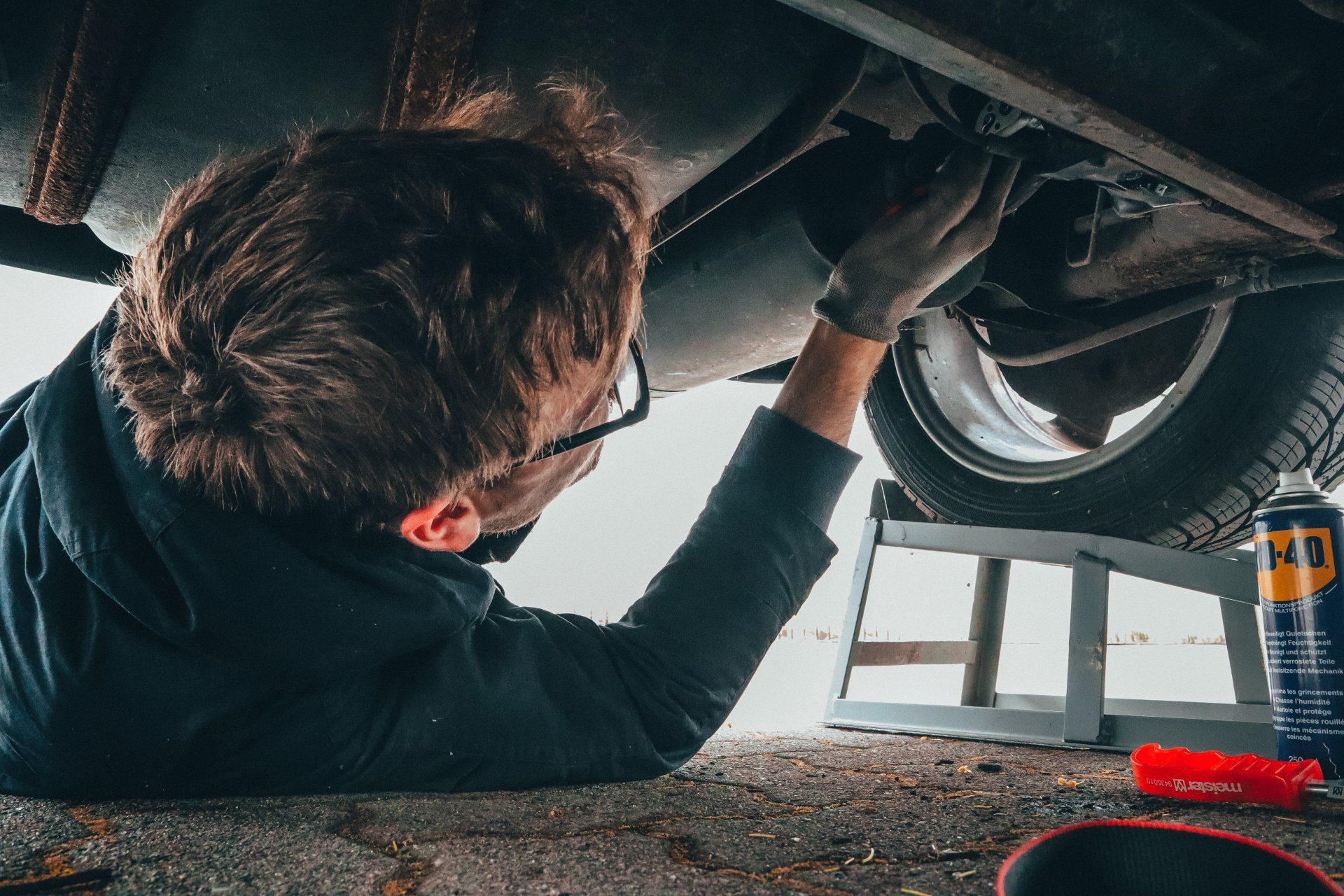The Lifeblood of Your Engine: Why Regular Oil Changes Matter
At Importsports Performance in Denver, CO, we believe that one of the simplest yet most critical maintenance tasks for your vehicle is a regular oil change. It’s not just about keeping your car running smoothly today—it’s about ensuring longevity and reliability for years to come. Our team of skilled technicians is here to guide you through the why, when, and how of oil changes, empowering you to make informed decisions about your vehicle’s health.
Why Oil Changes Are Essential
Think of motor oil as the lifeblood of your engine. It lubricates the moving parts, reduces friction, and prevents overheating. Over time, however, oil breaks down, becomes contaminated with dirt and debris, and loses its effectiveness. Without regular oil changes, this can lead to significant engine wear, reduced performance, and even costly repairs.
At Importsports Performance, we’ve seen firsthand how neglecting this simple task can lead to more severe issues down the road. By changing your oil regularly, you’re not only protecting your engine but also improving your vehicle’s fuel efficiency and overall performance.
When Should You Change Your Oil?
The frequency of oil changes can vary depending on your vehicle’s make, model, and driving conditions. While many manufacturers recommend an oil change every 5,000 to 7,500 miles, it’s essential to consider factors like driving habits, the age of your vehicle, and Denver’s unique climate.
For instance, if you frequently drive in heavy traffic, make short trips, or face extreme weather conditions, your engine might benefit from more frequent oil changes. At Importsports Performance, we customize our recommendations based on your specific needs, ensuring your vehicle gets the care it deserves.
Choosing the Right Oil for Your Vehicle
Not all motor oils are created equal. The type of oil your vehicle needs can depend on several factors, including the engine design, age, and the driving conditions it faces. There are three primary types of motor oils:
- Conventional Oil: Ideal for older vehicles with simple engine designs.
- Synthetic Oil: Offers better performance and protection, especially in extreme temperatures, making it perfect for Denver’s fluctuating weather.
- Synthetic Blend: A mix of synthetic and conventional oils, providing a balance between performance and cost.
At Importsports Performance, we’ll help you choose the right oil for your vehicle, considering all these factors to ensure optimal performance.
The Oil Change Process at Importsports Performance
When you bring your vehicle to Importsports Performance for an oil change, you’re entrusting it to a team that values precision and care. Our process is thorough, ensuring that every aspect of your vehicle is inspected and maintained. Here’s what you can expect:
- Drain and Replace Oil: We begin by draining the old, dirty oil from your engine and replacing it with fresh, high-quality motor oil suited to your vehicle’s needs.
- Replace Oil Filter: A new oil filter is installed to ensure that your engine remains free of contaminants, allowing the new oil to do its job effectively.
- Inspection of Fluids and Components: While we’re under the hood, we’ll check other essential fluids, such as brake fluid, transmission fluid, and coolant, topping them off as needed. We also inspect key components like the air filter, belts, and hoses, ensuring everything is in good working order.
- Expert Advice: Our technicians will provide you with detailed insights into your vehicle’s health, recommending any additional services if necessary. We believe in transparency and will never suggest work that isn’t needed.
The Benefits of Regular Oil Changes
Regular oil changes offer a myriad of benefits that go beyond just keeping your engine clean. Here’s how staying on top of your oil changes can benefit you:
- Enhanced Engine Performance: Clean oil ensures that your engine runs smoothly, reducing friction and wear on critical parts.
- Improved Fuel Efficiency: Fresh oil reduces engine strain, leading to better gas mileage and savings at the pump.
- Extended Engine Life: By minimizing wear and tear, regular oil changes help your engine last longer, delaying the need for costly repairs or replacements.
- Reduced Emissions: Clean oil contributes to more efficient combustion, resulting in fewer emissions and a cleaner environment.
- Increased Resale Value: A well-maintained vehicle with a documented history of regular oil changes is more attractive to potential buyers, enhancing its resale value.
Why Choose Importsports Performance for Your Oil Change?
At Importsports Performance in Denver, CO, we’re not just another auto shop—we’re your trusted partner in vehicle care. Our commitment to quality, customer satisfaction, and automotive excellence sets us apart. Here’s why you should choose us for your next oil change:
- Certified Technicians: Our team consists of highly trained and certified technicians who are experts in their field, ensuring your vehicle receives top-notch care.
- State-of-the-Art Equipment: We use the latest tools and technology to provide precise, efficient service every time.
- Convenience: We offer flexible scheduling and quick service to get you back on the road as soon as possible.
- Transparent Pricing: You’ll always know what to expect with our upfront, competitive pricing—no surprises, just great service.
Schedule Your Oil Change Today
Regular oil changes are a small investment that pays off in the long run, ensuring your vehicle remains reliable and efficient. At Importsports Performance, we’re here to help you stay on top of your vehicle’s maintenance, offering expert service and advice tailored to your needs.
Don’t wait until it’s too late—schedule your next oil change with Importsports Performance in Denver, CO, today. Let us keep your engine running smoothly, so you can enjoy the open road with confidence.







